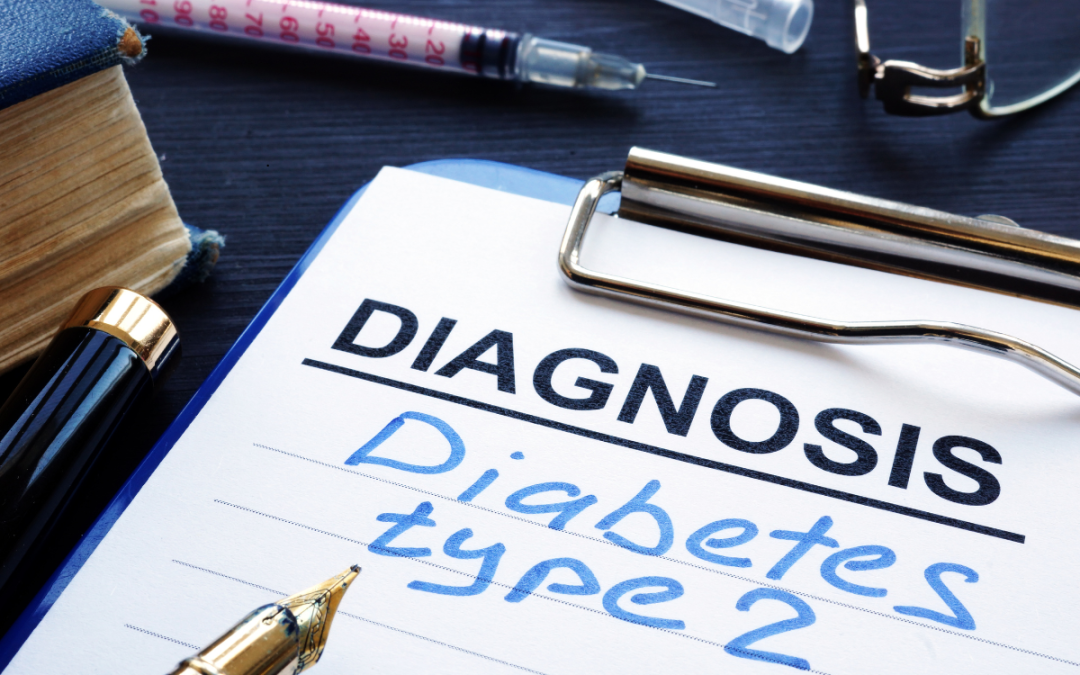Managing T2 diabetes can feel like an uphill battle, but the ketogenic diet might just be the game-changer you need. This low-carb, high-fat eating plan is gaining traction for its potential to help manage blood sugar levels and improve overall health. In this post, we’ll dive into how the ketogenic diet can aid in the management of Type 2 diabetes, making life a bit easier and healthier for those living with this condition.
What is the Ketogenic Diet?
The ketogenic diet, or keto for short, is a low-carb, high-fat diet that puts your body into a state of ketosis. In ketosis, your body becomes incredibly efficient at burning fat for energy instead of relying on carbohydrates. This switch in fuel source can have profound effects on your metabolism and overall health.
How Does Keto Help Manage Type 2 Diabetes?
1. Lower Blood Sugar Levels
One of the primary challenges for people with Type 2 diabetes is managing blood sugar levels. The keto diet can help by significantly reducing carbohydrate intake, which in turn minimises blood sugar spikes. By consuming fewer carbs, your body requires less insulin to manage glucose, leading to more stable blood sugar levels.
2. Improved Insulin Sensitivity
Insulin resistance is a hallmark of Type 2 diabetes. The ketogenic diet can improve insulin sensitivity, allowing your cells to use glucose more effectively. This means that over time, your body might need less insulin to keep blood sugar levels in check.
3. Weight Loss
Weight management is crucial for diabetes control, and the keto diet can be highly effective for weight loss. By reducing carbs and increasing fat intake, you can feel fuller for longer periods, which naturally reduces calorie intake. Losing excess weight can significantly improve blood sugar control and reduce the risk of diabetes-related complications. To learn more about weight loss on keto, watch my free video.
What to Eat on a Keto Diet?
Healthy Fats
- Avocados
- Olive oil
- Nuts and seeds
Low-Carb Vegetables
- Spinach
- Broccoli
- Zucchini
Protein Sources
- Meat
- Fish
- Eggs
For delicious keto recipes, click here to visit my recipe page.
Tips for Success
1. Monitor Your Blood Sugar Levels
When combining a Ketogenic Diet and T2 Diabetes, it’s crucial to regularly monitor your blood sugar levels. This will help you understand how your body responds to the changes in your diet and make necessary adjustments.
2. Stay Hydrated
Ketosis can lead to increased water loss, so it’s important to stay hydrated. Drinking plenty of water with quality salt can help maintain electrolyte balance and prevent dehydration.
3. Consult with a Healthcare Professional
Before making significant changes to your diet, especially when managing a condition like Type 2 diabetes, it’s important to consult with a healthcare professional. We can provide personalised advice and ensure the diet is safe and effective for you.
Wrapping Up
Incorporating a ketogenic diet into your lifestyle can be a powerful tool in managing Type 2 diabetes. By reducing carb intake, improving insulin sensitivity, and aiding in weight loss, the keto diet offers a multifaceted approach to better health. As with any major dietary change, it’s essential to work with a healthcare provider who specialises in low carb diets to tailor the plan to your specific needs and ensure it’s the right fit for your health goals.
Ready to give keto a try? Download my FREE KETO FAQ Sheet
Check out my other blog posts here for more Australian keto articles.
Sign up to my monthly newsletter here: https://www.jervisbaynaturopathy.com.au/

